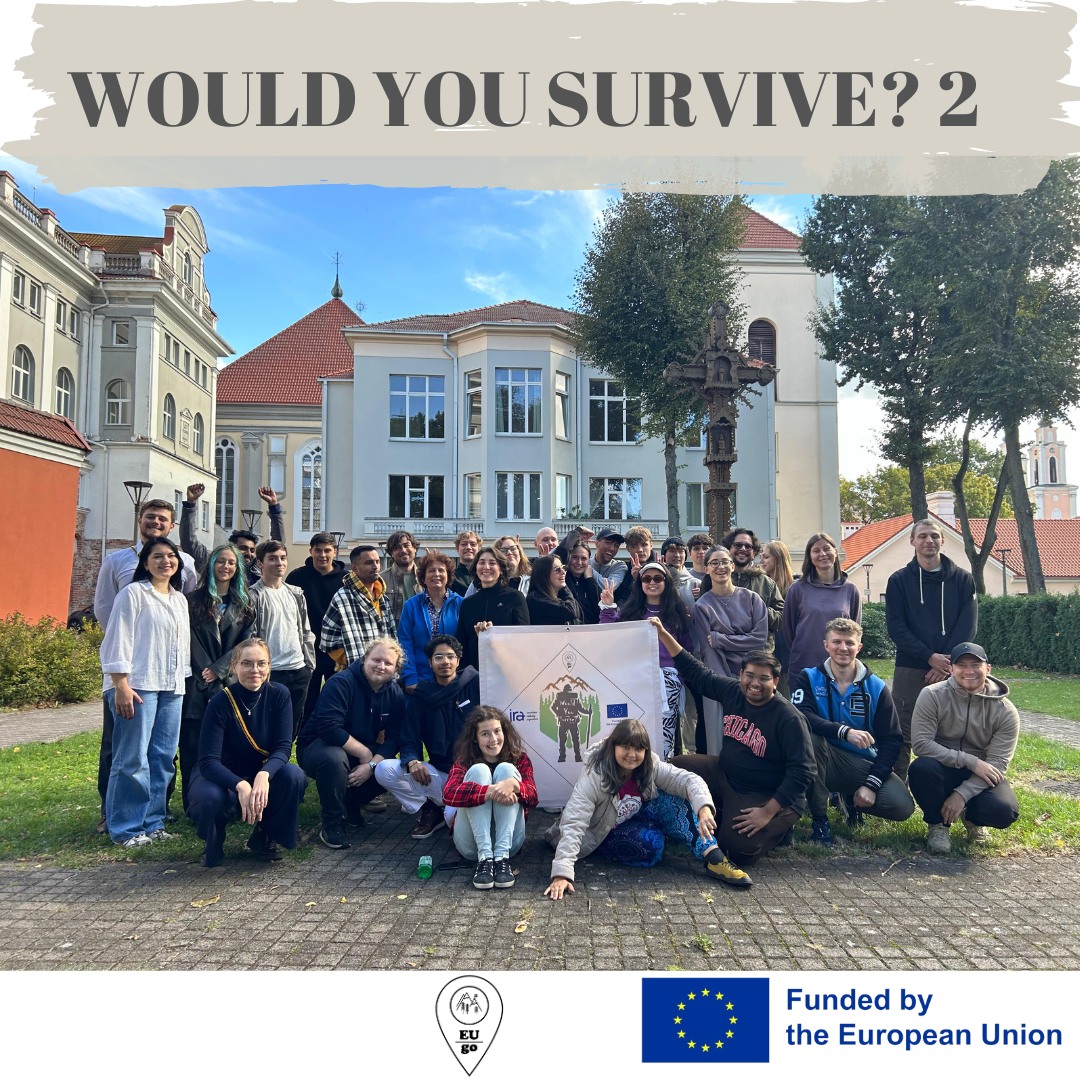FRSP, as the partner organization, proudly selected and sent a team of 8 amazing trainees from Poland to participate in the unique training course, ‘Would You Survive? 2,’ hosted by EU go Association in Kaunas, Lithuania. This immersive experience brought together young people to explore critical urban survival skills, focusing on how to effectively manage disasters and emergencies in modern environments.
From September 28th to October 5th, 2024, the Erasmus+ funded Training Course “Would You Survive 2?” Urban Edition took place in Kaunas, Lithuania. Over the course of eight days, 30 youth workers from across Europe gathered to enhance their knowledge, attitudes, and skills in disaster management and crisis response, with a special focus on urban environments. The project was filled with dynamic activities, hands-on learning experiences, and the involvement of local experts.
The program kicked off with ice-breaking sessions like “Speed Dating” and “Lava Waterfall,” designed to help participants feel comfortable and connected. The first days introduced participants to various types of disasters—both natural and human-caused—and explored essential life-saving skills such as CPR, wound dressing, and tourniquet application, thanks to the contribution of medics from the student and physician corporation Fraternitas Lituanica. Participants also had the chance to master different knot-tying techniques, with the support of local community members from the Riflemen Union.
As the training progressed, participants delved into the practical aspects of survival, from fire-starting and shelter-building in the wilderness to learning about panic attacks, coping mechanisms, and disaster preparedness. Several DIY workshops were led by participants themselves, covering topics such as survival cooking, communication during disasters, and fire crisis management. One of the highlights was an unexpected fire drill that tested everyone’s ability to respond to an emergency in real-time.
One of the most engaging activities was the “Hunger Games,” a simulation in the forest where participants practiced survival skills, including orientation using coordinates, emergency signaling, and stretcher-building. The competitive yet educational atmosphere allowed participants to apply everything they had learned throughout the course.
The training concluded with “The Walk of Fame,” where participants received their Youthpass certificates, followed by the “Spider Web” activity—a moment to reflect on the strong bonds and connections formed throughout the project.
We also had the pleasure of inviting local members of Korp! Fraternitas Lituanica and Korp! Tautito for workshops on first aid and knot-tying, further enriching the learning experience and fostering a strong link with the local community.
This project was funded by the Erasmus+ Programme of the European Union.
Below take look at the feedback and a small interview from one of our participants from Poland, Mateo Quevedo, whose amazing perspective perfectly captures the spirit and impact of the project! 🙂
Thank you Mateo for this amazing article, thanks to all the participants, partner organizations and to “EU go Association” for hosting the training course.
This project was funded by the Erasmus+ Programme of the European Union.

